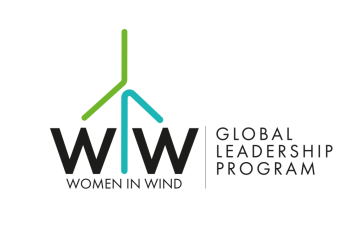Gender diversity drives innovation, opens new pathways for technology deployment, brings valuable perspectives to social and economic development and provides a richer pool of talent for key and emerging industries. In the landscape of global issues requiring strong leadership and a skilled workforce, few areas are as critical as the transition to a sustainable energy system.
Yet, as documented in the January 2020 report “Wind energy: A gender perspective,” released by IRENA and Women in Wind, the wind energy industry continues to be male-dominated. Around 21 per cent of the global wind energy workforce is women, falling below the 32 per cent share of women in the global renewables workforce and even the 22 per cent share of women in the conventional energy sector workforce, according to IRENA’s 2019 report “Renewable energy: a gender perspective.”
The IRENA/Women in Wind report “Wind energy: A gender perspective,” also reflected a dire leadership gap, with only 8 per cent of senior management roles in the global wind energy sector held by women. The majority of women occupy roles in administration and non-STEM occupations in wind energy.
In order to advance the role of women as agents of change in society and promote best practices within the wind industry, the Global Wind Energy Council (GWEC) partnered with the Global Women’s Network for the Energy Transition (GWNET) to launch the Women in
Wind Global Leadership Program in 2019. The program is designed to accelerate the careers of women in the wind industry, support their pathway to leadership positions and foster a global network of mentorship, knowledge-sharing and empowerment.
GWEC and GWNET call on other stakeholders in the renewables industry to recognize the importance of equal participation in the fight against climate change and the promotion of sustainable development. In uplifting the next generation of stewards for a sustainable energy system, we affirm that our efforts are in alignment with UN Sustainable Development Goal 5 (achieve gender equality and empower all women and girls) and UN Sustainable Development Goal 7 (ensure access to affordable, reliable, sustainable and modern energy for all).

